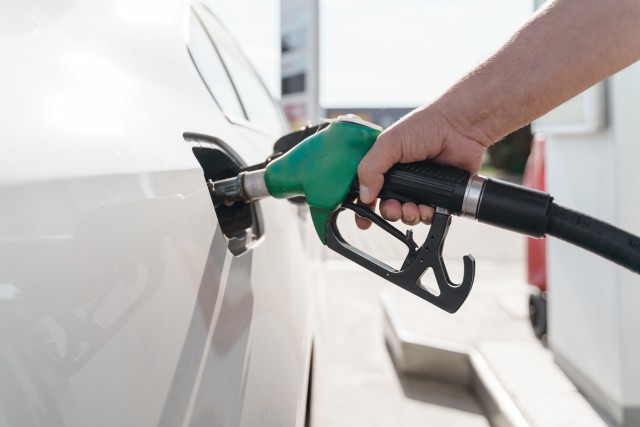Motorists in the UK have been hit with another increase in petrol prices, causing concern for drivers. Last year, fuel costs reached record highs, putting a strain on wallets. While prices had fallen in recent months, they have started to rise again, leaving drivers wondering what's behind the increase.
Are petrol prices rising?
According to the RAC, average petrol prices have gone up for the second consecutive month in July. At the start of August, a liter of unleaded petrol was priced at 145p, up 2p from June. Diesel prices remained the same at 146p per liter, marking the first time in eight months that the price did not fall. Separate data from the government shows that petrol was priced at 149.1p per liter on average on August 13, up by 4p from two weeks prior.
Why are petrol prices going up?
Petrol prices typically increase when wholesale costs rise, and that's the case recently. The price of a barrel of oil increased by $10 in July, causing a 7p increase in the wholesale price of unleaded petrol per liter and a 9.5p increase in diesel prices. The rise in oil prices is due to Russia and Saudi Arabia cutting supplies, leading to a decrease in supply and an increase in wholesale prices.
What do experts say about petrol prices rising?
RAC fuel spokesman Simon Williams warns that oil prices have gone back up to $85 a barrel, causing significant increases in wholesale prices. He states that while we may not experience the same price spiral as last year, better times at the pump seem to be over. Williams adds that if oil producers continue to curb production, we could see even bigger price increases in the future.
What will happen to petrol prices?
It's difficult to predict what will happen to petrol prices due to various factors affecting global oil prices. However, the government has urged petrol station owners to stop taking advantage of financially struggling drivers. The Competition and Markets Authority (CMA) discovered that supermarket fuel margins increased by 6p per liter between 2019 and 2022, resulting in an additional cost of around £900 million for customers. To combat this, supermarkets and retailers have agreed to support a fuel price checker to lower prices for motorists. Energy Secretary Grant Shapps has encouraged retailers to join the voluntary scheme, which will log daily forecourt prices on a central database. Additionally, there are existing websites and loyalty schemes that drivers can use to find the cheapest fuel prices and save money.
Did you miss our previous article…
https://hellofaread.com/money/thousands-of-low-income-brits-missing-out-on-life-changing-money/








